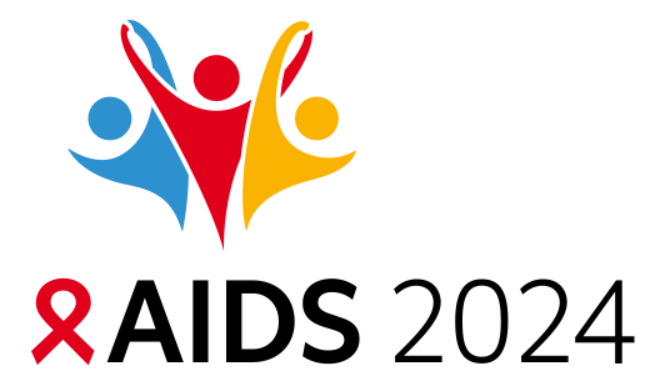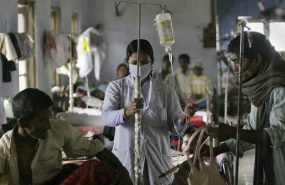Technical Brief: Gender Equity
- 20.02.2020 12:17
- Post Views: 763
The Global Fund to Fight AIDS, Tuberculosis and Malaria (the Global Fund) follows the WHO definition of gender as a social construct that relates to women, men, girls, boys and gender diverse communities (people who do not conform to traditional gender identities, such as transgender, non-binary, or those who chose not to label their gender identity). A person’s biological sex and socially constructed gender interact to produce differentials in risks to ill health, in health-seeking behavior and, ultimately, in health outcomes.
Gender equity is about ensuring that everyone has an opportunity to attain their full health and wellbeing according to their respective needs, with no one disadvantaged due to gender. In practice, this may involve individuals being treated in the same way or differently.
This Technical brief “Gender Equity” provides practical guidance for countries in using a gender equity approach to maximize the impact of programs resourced by the Global Fund. Gender equity means everyone has an opportunity to attain their full health and well-being according to their respective needs, with no one disadvantaged due to gender norms, roles and relationships. The main audience for this brief is stakeholders who are directly involved in country-level processes to develop and write funding requests for the Global Fund.
Please note that this brief does not aim to serve as a manual on how to design and implement programs to advance gender equity. Instead, it sets out key concepts, resources, and opportunities within the Global Fund grant cycle to integrate a gender equitable approach. The brief also does not aim to provide a definitive or exhaustive list of the ‘entry points’ for advancing gender equity within programs funded by Global Fund.
The full version of the Technical brief “Gender Equity”.
Related News
Global Fund Strategy Development – Open Consultation Questions
COVID-19 is radically altering global health, politics and economics, and the impact upon programs fighting HIV, TB and malaria will likely be tremendous. The new pandemic could completely derail our vast efforts of the past 20 years. At the same time, it has galvanized public awareness on global health security in a way that builds […] Read moreGlobal Fund Technical Brief Tuberculosis, Gender and Human Rights
The purpose of this technical brief is: to assist Global Fund applicants to consider how to include programs to remove human rights and gender-related barriers to tuberculosis prevention, diagnosis and treatment services within funding requests, and to help all stakeholders ensure that TB programs promote and protect human rights and gender equality. Post Views: 679 Read moreGlobal Fund Technical brief on HIV and key populations Programming at scale with sex workers, men who have sex with men, transgender people, people who inject drugs, and people in prison and other closed settings
The purpose of this technical brief is to provide information for countries preparing funding requests for comprehensive programs that address the cascade of HIV prevention, diagnosis, treatment, and care for the following key populations: male, female, and transgender sex workers, gay men and other men who have sex with men, transgender people (especially transgender women), […] Read moreEECA Region Space Schedule during AIDS 2024

Welcome to the EECA Region Space at the Global Village during AIDS 2024 Conference! Our dedicated space at the Global Village is designed to highlight the unique perspectives and experiences of the EECA region, fostering collaboration and inspiring action. Join us for a series of engaging sessions, workshops, and presentations that will explore a wide range of topics.
Services for migrants and refugees from Ukraine – HIV/TB care with a focus on key populations
Due to the increasing flows of refugees from Ukraine because of Russia’s invasion of Ukraine, the EECA Regional Platform created a spreadsheet to fill contacts details of face-to-face and online services for refugees and migrants (with a focus on HIV/TB care and key population groups).
Regional Platform – EECA
This web-resource is a part of new regional communication and coordination project “Regional Civil Society and Community Support, Coordination and Communication Platform - EECA”, implemented by Eurasian Harm Reduction Association (EHRA).
Tags
See also
-
Events with Global Fund Speakers at AIDS 2024 17.07.2024 14:43
-
EECA Region Space Schedule during AIDS 2024 12.07.2024 11:14
-
Two Requests for Proposals from the Global Fund 04.07.2024 11:42
-
EECA’s Regional Platform monthly Newsletter #6, July 2024 04.07.2024 11:28







